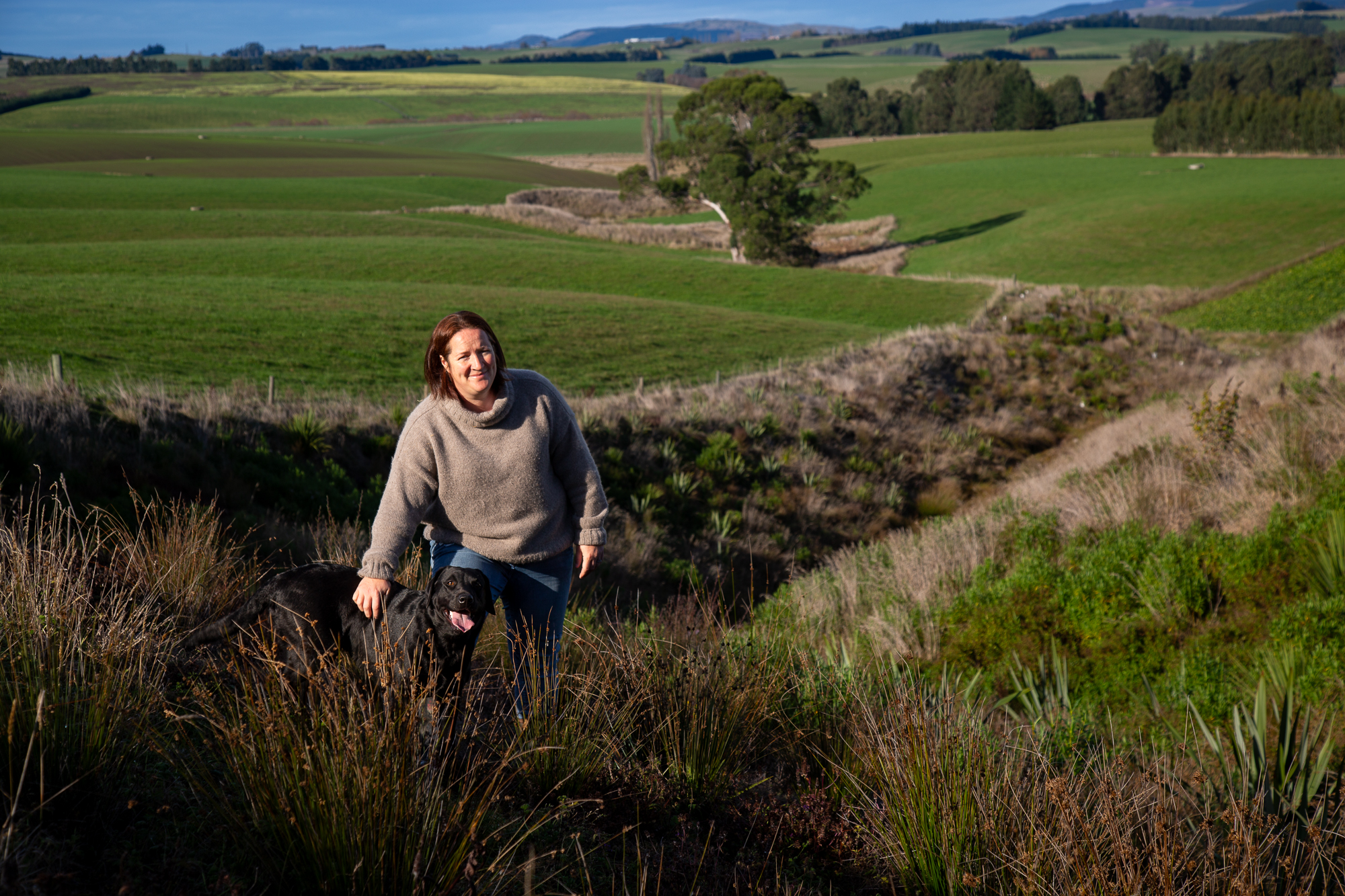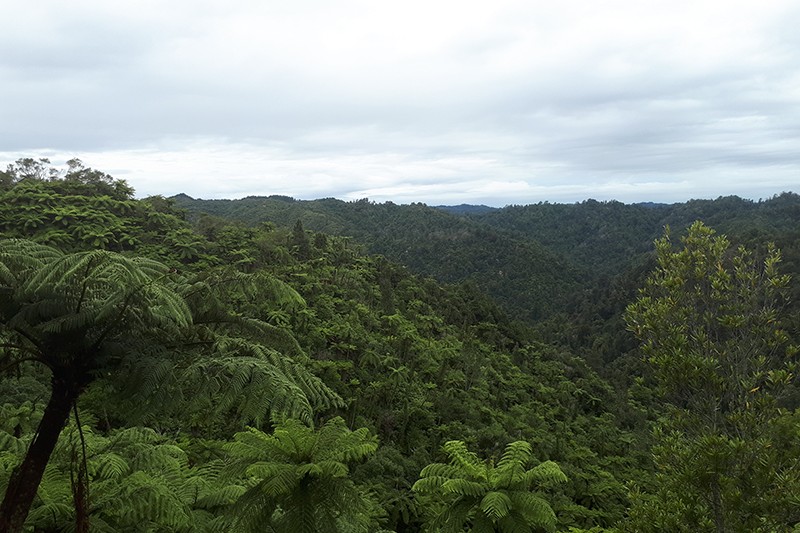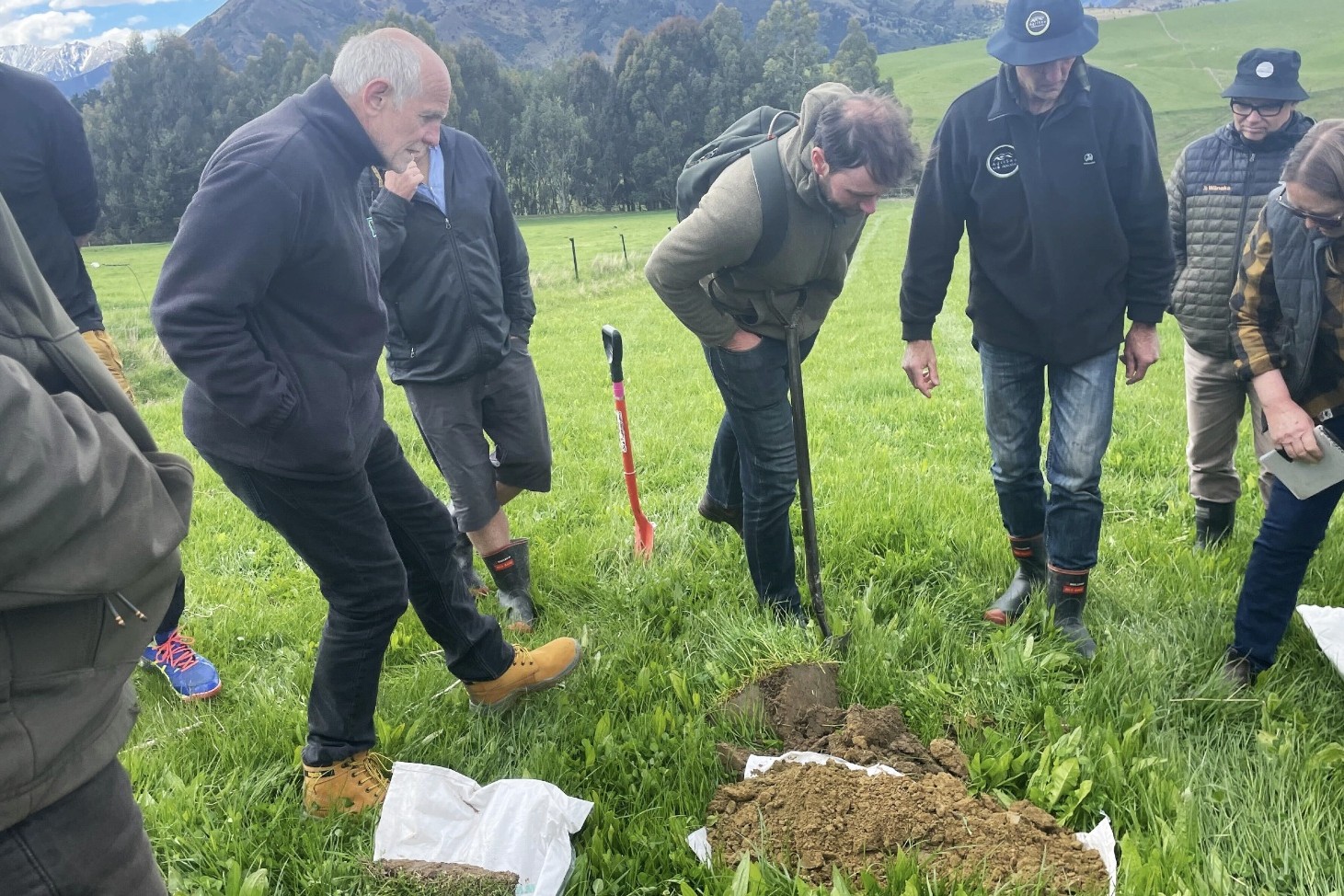Mark Ross
Agricultural chemicals, including glyphosate, are some of the most regulated products in the world.
The world’s most advanced, independent and scientifically competent regulators have assessed and reassessed glyphosate and declared it to be safe.
In August of 2016, New Zealand’s Environmental Protection Authority (EPA) commissioned a review of the evidence relating to glyphosate and carcinogenicity and concluded that glyphosate is unlikely to be genotoxic or carcinogenic. The regulator deems it as safe when used according to label instructions.
Following from this, in 2018 the EPA stated that “there is no change to the science behind our current position, which is products containing glyphosate remain safe to use when you follow the instructions on the product label”.
In May 2019 the United States Environmental Protection Agency reaffirmed the safety of glyphosate, finding it is not a carcinogen. Its Glyphosate Proposed Interim Decision found there are no risks to public health when glyphosate is used according to the product label.
In January this year, Health Canada re-confirmed their position that glyphosate is safe saying, “our scientists left no stone unturned in conducting this review”.
The European Food Safety Authority has stated that “glyphosate is not classified or proposed to be classified as carcinogenic or toxic”.
The US Agricultural Health Study has been running since 1993 looking specifically at the risk between glyphosate exposure and non-Hodgkin lymphoma. In that time investigators from the National Cancer Institute, the National Institute of Environmental Health Sciences, the Environmental Protection Agency and the National Institute for Occupational Safety and Health have comprehensively analysed data from over 89,000 farmers and their spouses. They have found no association between glyphosate and non-Hodgkin lymphoma – regardless of the exposure level.
In NZ, the EPA undertakes a comprehensive pre-market risk assessment of all agricultural chemicals, ensuring they are safe for use and for the environment, before they can be made available. The EPA takes new data and scientific information into account when considering the ongoing safety of a registered product.
The EPA approves label directions for all weed management products as having to comply with regulatory requirements.
The hysteria surrounding the International Agency for Research on Cancer (IARC) monograph on glyphosate is unfounded. IARC only plays the limited role of advising regulatory bodies on potential hazards, allowing the relevant regulatory agencies to assess if there are any associated risks and manage them appropriately.
Following an investigation by the international news organisation, Reuters, it was found that IARC edited out studies confirming glyphosate’s non-carcinogenic status. The integrity of the IARC process was completely compromised and it is ethically questionable for those involved in that process to continue to mislead, misinform and seek to falsely scare the public regarding the monograph on glyphosate.
When someone is diagnosed with cancer, it is human nature to want to find an answer to their question, why me? However, accepting a false but convenient answer as opposed to finding out the actual cause serves no one.
The NZ community should not be misled by those involved in what amounts to nothing more than a deception to assist US tort law firms.
While we have great sympathy for anyone with cancer, it’s important that these debates are undertaken on science and actual data.
These chemical products play a critical role in safe food production and environmentally sustainable farming practices in Australia and around the world.
The community has a right to be informed about glyphosate, but it’s crucial they are informed by the independent experts.
- More? Visit agcarm.co.nz – Mark Ross is chief executive of Agcarm (CropLife NZ)




